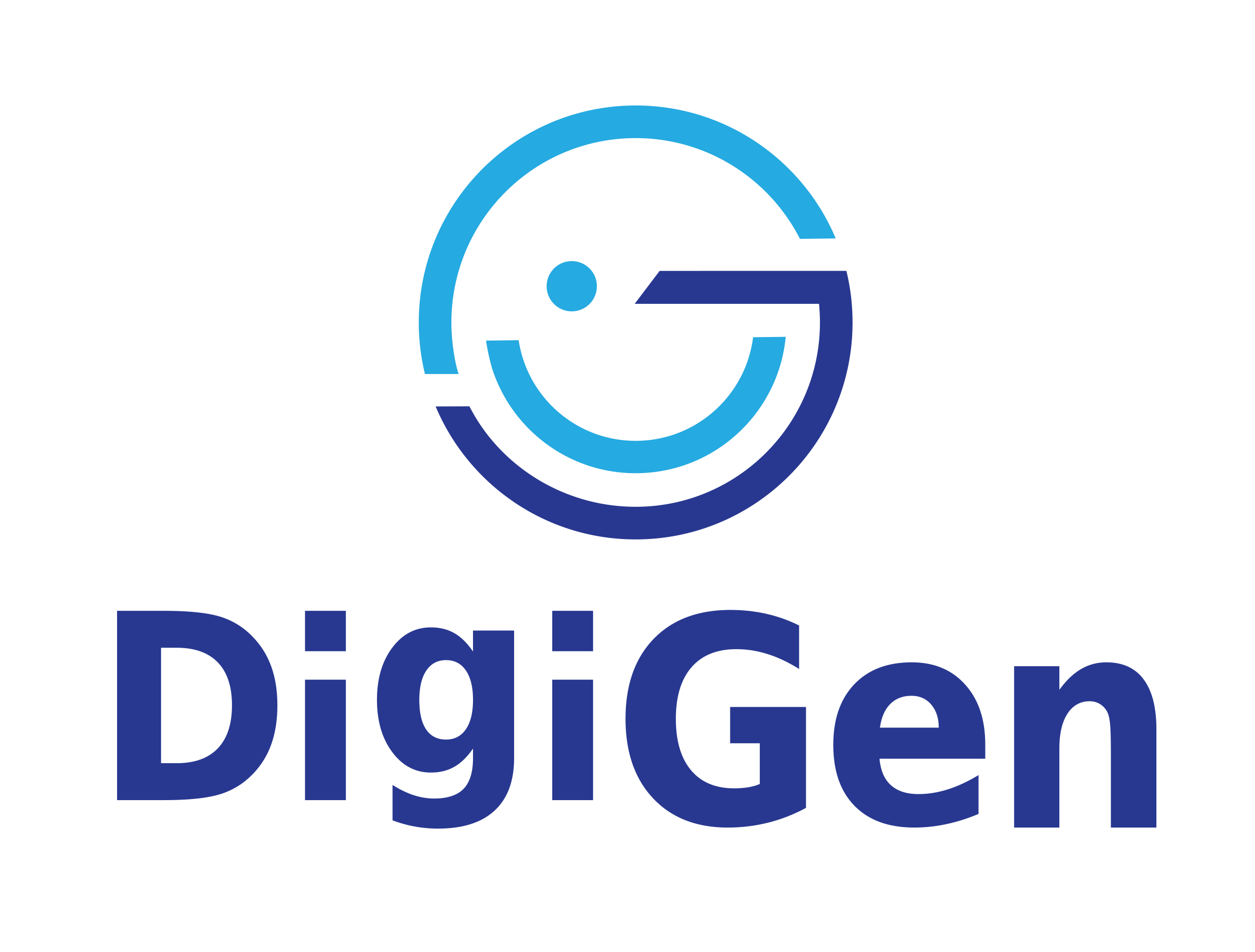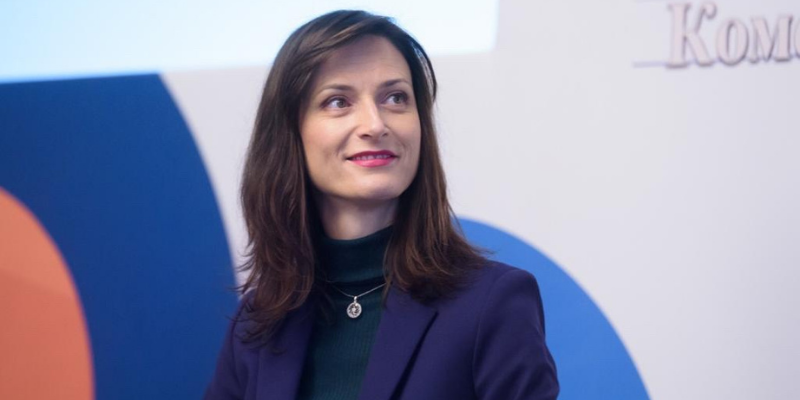The online DigiGen policy forum on 22 June 2021 was opened by a message from Mariya Gabriel, European Commissioner for Innovation, Research, Culture, Education and Youth.
Full transcript:
Ladies and gentlemen,
I am glad to have this opportunity to open the DigiGen Policy forum.
A little over a year ago, the entire education community was forced to switch gears and adapt to distance and blended learning. Digital technology became a lifeline to continue learning.
For young people, this meant that so much more of life became mediated through a screen.
For parents, this meant that limiting screen time became much harder.
The impact of digital technology on children was important already before. The idea of a digital generation was not new. Yet it became even more important after the pandemic hit.
Your work plays a fundamental role here. You are going through the wealth of evidence that has been gathered under these unprecedented conditions. Your expertise will help us understand how young people use digital technology, and how it affects their lives.
This is paramount. We cannot act decisively – on a policy level – without concrete evidence. And we cannot make sure everyone is included in the education process without expertise and experience on the ground.
At the same time, it is essential to consider the participation of young people – their experiences matter. So I am very happy to see just how seriously you take young people’s voices, looking at them as co-researchers and peers in your work.
All this knowledge contributes to our overall efforts on digital transformation and inclusion in our education systems. This is a priority at European level.
That is why I launched the Digital Education Action Plan.
The Plan looks at the systemic level, tackling challenges in cooperation with Member States, but it also engages many learners and teachers individually.
For example, gaps in connectivity in schools are addressed through the Connecting Europe Facility. We cannot let some learners have the means to learn while others are left behind.
At the same time, we know that the very practice of education has to adapt, which is why we have initiatives like the Digital Education Hackathon. The Hackathon provides the opportunity for many learners and teachers to engage directly in creating solutions to the challenges they face.
This grass roots approach also fed into the creation of the Digital Education Hub – a place connecting stakeholders, so that each solution finds all those that can benefit from it.
This collaborative work feeds into all the guidelines we produce, for example helping educators promoting digital literacy and tackling disinformation through education and training.
This shows how high the stakes are in your work. Think of how important it is to understand how young people use digital technology for our democracies, given exposure to fake news and media literacy!
Your project will provide us all – policy-makers, researchers, educators, and young people – with a great deal of insight and knowledge.
So thank you for all your work, and I wish you a very fruitful conference.
Thank you.

